Explore a comprehensive guide to 45 inpatient, 30 outpatient, and 29 detox centers across Virginia. Compare costs, reviews, and treatment options to find the perfect rehab facility for your needs.

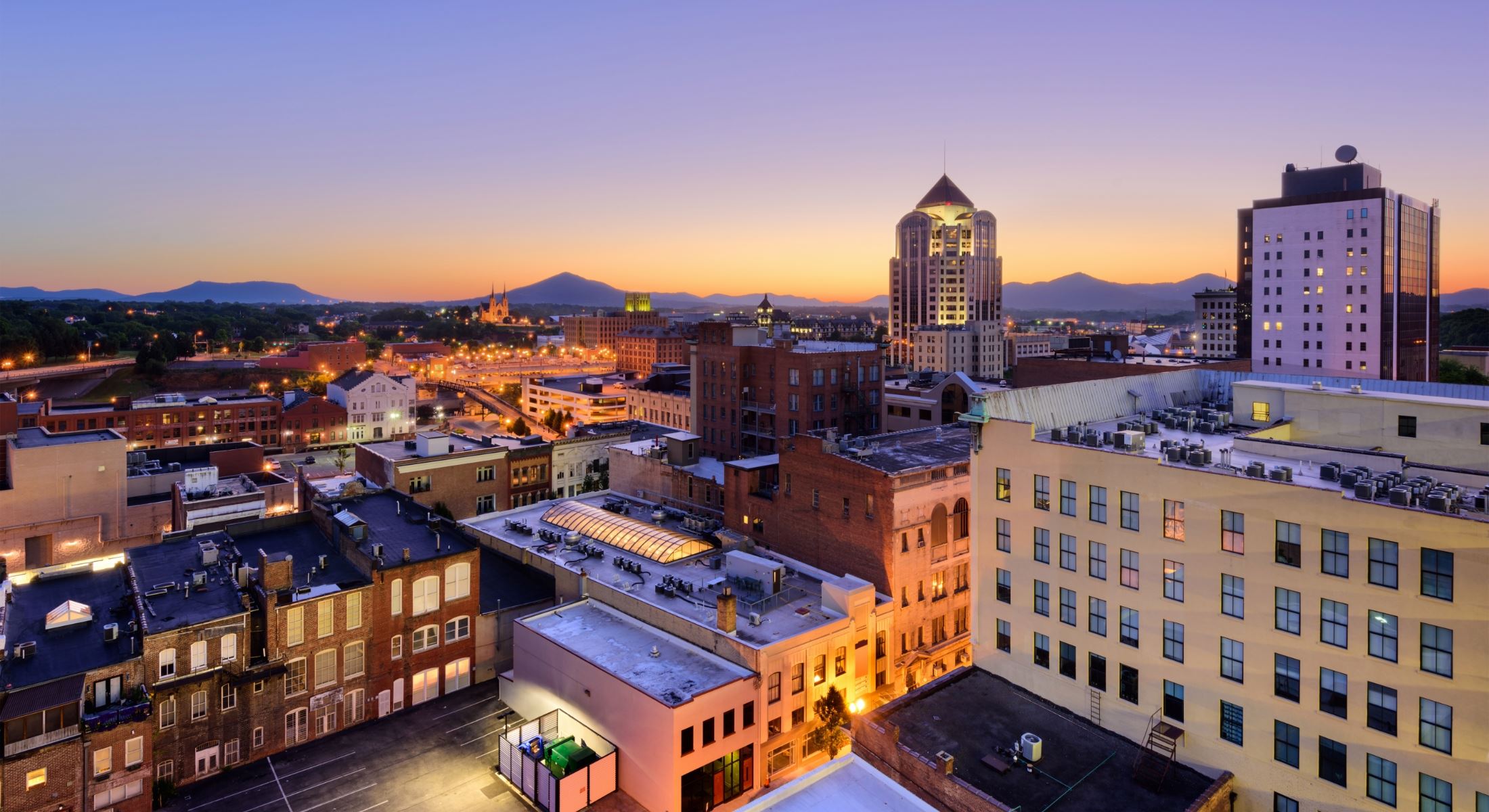 | A Better Life Counseling ServicesA Better Life Counseling Services, located in Roanoke, VA 24018, is dedicated to providing compassionate and professional counseling to individuals seeking support for mental health and substance use challenges. The center offers a range of therapeutic services, including individual counseling, group therapy, and family support, all tailored to meet the unique needs of each client. With a focus on fostering personal growth, resilience, and emotional well-being, the experienced team at A Better Life Counseling Services is committed to helping individuals achieve their goals and improve their quality of life. Discover the supportive resources available at A Better Life Counseling Services and take the first step toward a brighter future. 2107 Electric Road Sw, Suite 101, Roanoke, VA 24018 | Levels of Care:outpatient Payment Options:Medicaid Private insurance Self-Pay Options Financial Aid Medicare Military Insurance | ||
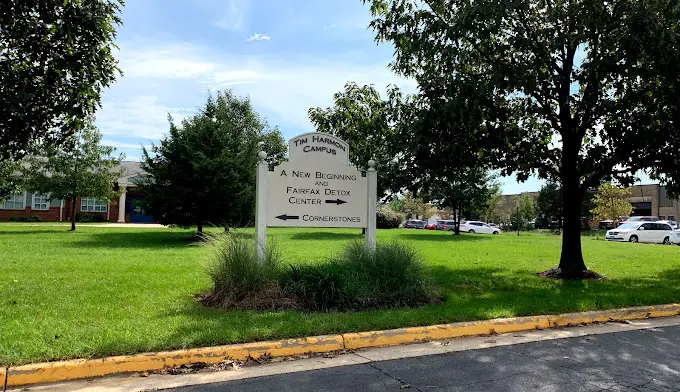 | A New BeginningA New Beginning is a publicly funded inpatient detox center and residential rehab located at 4213 Walney Road, Chantilly, VA 20151. Operated by the Fairfax-Falls Church Community Services Board as part of the Fairfax County government, the center provides comprehensive treatment services for individuals struggling with substance use disorders. A New Beginning focuses on creating a supportive and therapeutic environment that fosters recovery and personal growth. With a commitment to accessibility and effective care, the center addresses the unique needs of its clients, helping them to embark on a transformative journey toward lasting sobriety. 4213 Walney Rd, Chantilly, VA 20151 | Levels of Care:outpatient Payment Options:Medicaid Private insurance Self-Pay Options Financial Aid Medicare Military Insurance | ||
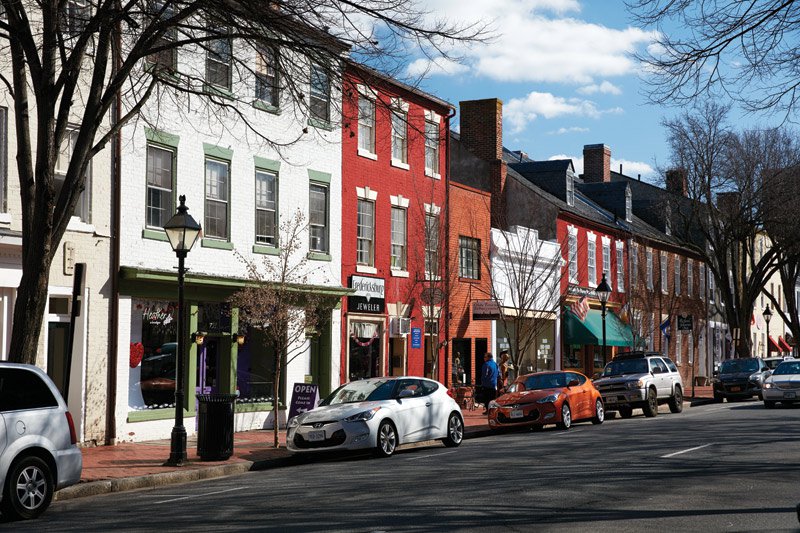 | A Womans PlaceA Womans Place, located in Fredericksburg, VA 22401, is dedicated to providing supportive services tailored specifically for women facing various life challenges. The organization offers a range of programs, including counseling, support groups, and resources aimed at promoting empowerment, healing, and personal growth. With a commitment to creating a safe and nurturing environment, the experienced team at A Womans Place is devoted to helping women navigate their circumstances and build a brighter future. Explore the valuable resources available at A Womans Place and take the first step toward transformation. 2016 Lafeyette Boulevard, Fredericksburg, VA 22401 | Levels of Care:outpatient Payment Options:Medicaid Self-Pay Options Medicare Military Insurance | ||
ADAPTADAPT | ||||
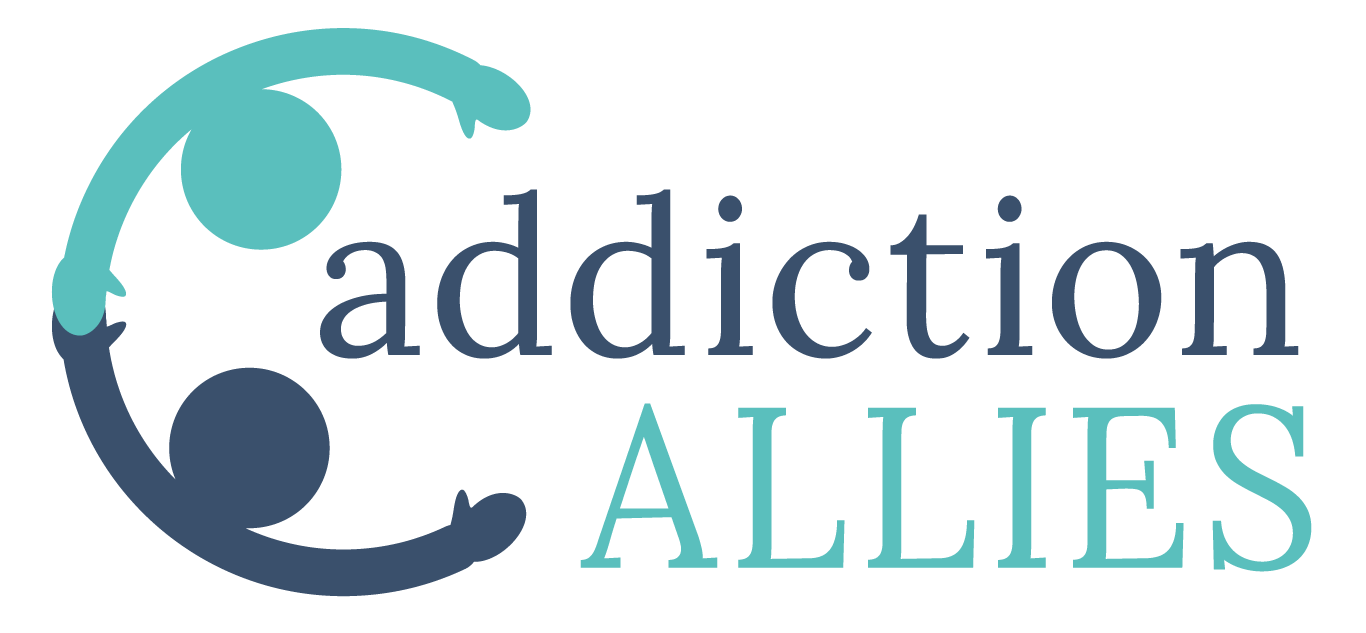 | Addiction Allies LLCAddiction Allies LLC is a dedicated provider of addiction recovery services located in Lynchburg, Virginia, with the goal of helping individuals overcome substance use disorders. The center offers a range of evidence-based treatment programs tailored to meet the unique needs of each client. With a focus on compassionate care and support, Addiction Allies LLC creates an empowering environment for individuals seeking to reclaim their lives from addiction. The experienced team of professionals is committed to guiding clients through their recovery journey, fostering hope and resilience for lasting change. Located in Lynchburg, VA 24501, Addiction Allies LLC aims to be a beacon of support for those in need. 2137 Lakeside Dr STE 103, Lynchburg, VA 24501 | Levels of Care:outpatient Payment Options:Medicaid Private insurance Self-Pay Options Financial Aid Medicare Military Insurance | 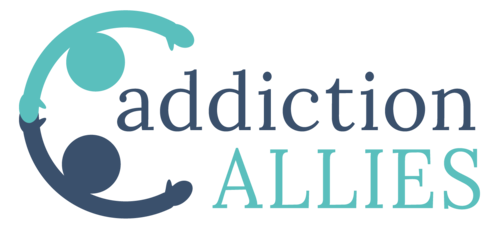 | |
Addiction Recovery SystemsAddiction Recovery Systems | Payment Options:Self-pay options | |||
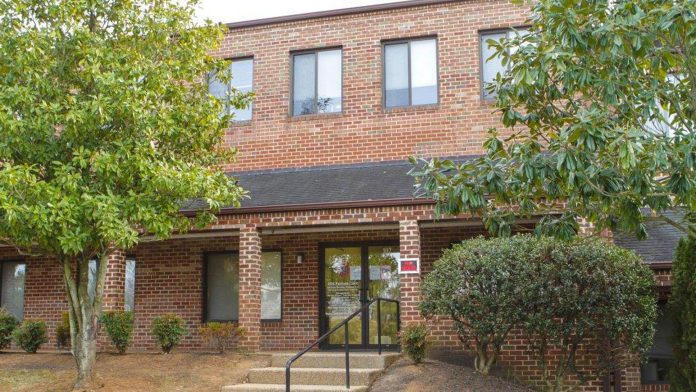 | Addiction Recovery Systems (ARS) on PantropsAddiction Recovery Systems (ARS) on Pantops, located at 103 South Pantops Drive Suite 102, Charlottesville, VA 22911, specializes in providing tailored addiction treatment services to support individuals in their recovery journey. The center offers a comprehensive range of services, including medication-assisted treatment, individualized counseling, and group therapy, all designed to address the unique needs of each client. The compassionate team at ARS is committed to creating a supportive environment that promotes healing and empowers clients to achieve lasting recovery. Discover the effective resources available at Addiction Recovery Systems (ARS) on Pantops and take a significant step toward a healthier, drug-free future. 103 S Pantops Dr Suite 102, Charlottesville, VA 22911 | Levels of Care:Detoxoutpatient Payment Options:Medicaid Private insurance Self-Pay Options Financial Aid Medicare Military Insurance | ||
Addiction ServicesAddiction Services | Payment Options:Medicaid | |||
ADHD ClinicADHD Clinic | ||||
Adult Outpatient ServicesAdult Outpatient Services | Payment Options:Medicaid | |||
Agape Counseling and TherapeuticAgape Counseling and Therapeutic | Payment Options:Medicaid | |||
Agape Counseling and TherapeuticAgape Counseling and Therapeutic | Payment Options:Medicaid | |||
Agape Counseling and TherapeuticAgape Counseling and Therapeutic | Payment Options:Medicaid | |||
Agape Counseling and TherapeuticAgape Counseling and Therapeutic | Payment Options:Medicaid | |||
Alamo Recovery CenterAlamo Recovery Center | Payment Options:Self-pay options | |||
Albemarle CounselingAlbemarle Counseling | Payment Options:Self-pay options | |||
Alcohol Safety Action ProgramAlcohol Safety Action Program | Payment Options:Self-pay options | |||
Alcohol Safety Action ProgramAlcohol Safety Action Program | Payment Options:Self-pay options | |||
Alexandria Community and Human Services - North Beauregard StreetAlexandria Community and Human Services - North Beauregard Street | Payment Options:Medicaid | |||
Alexandria Community and Human Services - North Saint Asaph StreetAlexandria Community and Human Services - North Saint Asaph Street | Payment Options:Medicaid |
Find Virginia drug rehabs in cities near you or sort by letter.
For anyone seeking help for addiction for themselves or a loved one calls to Addiction Helpline America are completely confidential and available 24/7.
Please note: any treatment center listed on our site that receives calls is a paid advertiser.
Calls to a specific treatment center’s listing will be connected directly to that center.
Calls to our general helpline will be answered by treatment providers, all of whom are paid advertisers.
By calling the helpline, you agree to our terms and conditions. These calls are free of charge and carry no obligation to enter treatment. Neither Sober Steps nor anyone answering your call receives a commission or fee based on your choice of treatment provider.
If you’d like to explore additional treatment options or connect with a specific rehab center, you can browse our top-rated listings, visit our homepage, or call us at (844) 561-0606. You may also contact us for further assistance.
Calls to any general helpline will be answered or returned by one of the treatment providers listed, each of which is a paid advertiser:
Our helpline is available 24 hours a day, 7 days a week at no cost to you and with no obligation for you to enter into treatment. We are committed to providing support and guidance whenever you need it.
In some cases, Addiction Helpline America charges our verified partner a modest cost per call. This fee helps us cover the costs of building and maintaining our website, ensuring that we can continue to offer this valuable service to those in need.